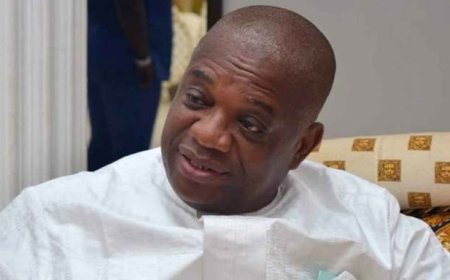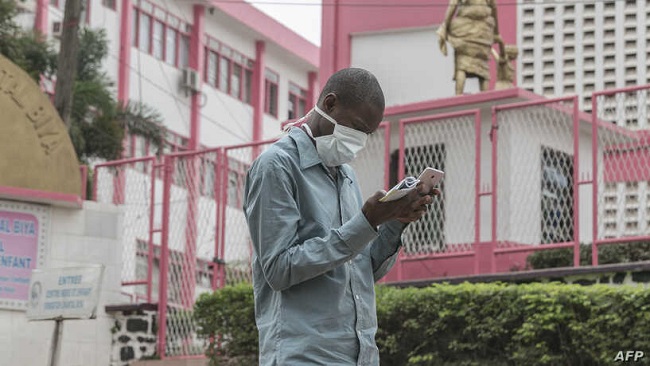R3 billion investment into SARS is a big warning to taxpayers in South Africa
The South African Revenue Service (SARS) will be allocated R3 billion to upgrade its technology and infrastructure systems, and prevent tax avoidance in the country.

The South African Revenue Service (SARS) will be allocated R3 billion to upgrade its technology and infrastructure systems and expand its specialized audit and investigative skills to prevent tax avoidance in the country.
“In this coming fiscal year, SARS will establish a dedicated unit to improve compliance of individuals with wealth and complex financial arrangements,” said finance minister Tito Mboweni, during his 2021 annual budget speech in Parliament on Wednesday (25 February).
“This first group of taxpayers have been identified and will receive communication during April 2021. In support of these efforts, we request that this house approve an additional spending allocation to SARS of R3 billion over the medium-term.”
News that SARS is investing in technology, data, and machine learning to evaluate complex tax structures of wealthy South Africans suggests that Treasury is taking a highly targeted approach to tax collection, said Chris Potgieter, managing director: Old Mutual Wealth Trust Company.
“The minister also mentioned leveraging the Davis Tax Committee’s insights, suggesting to me that this will be a continued focus for SARS. My advice to individuals is to get their tax affairs in order,” said Potgieter.
SARS commissioner Edward Kieswetter told PowerFM that the allocated funds will be used to attract technically-skilled personnel, and increase the revenue’s data-gathering capabilities.
This includes “expanding and increasing the use of data using machine learning algorithms and artificial intelligence to connect the dots and thirdly a very modern digital platform in which taxpayers can easily engage with SARS,” he said.
“We have to focus on areas where there is still aggressive non-compliance. We think about corporates who abuse asset losses, who abuse transfer pricing…we think of wealthy individuals who use complex arrangements and offshore vehicles to try and mask their tax obligations.”
Carla Rossouw, tax lead at Allan Gray, said that in 2020 SARS’s focus was on automation and digital migration, as the taxman was able to reduce the volume of manual activity and improve turnaround times. This was expedited in response to Covid-19 service delivery concerns.
“We saw a continued focus on the tax collection improvements, enforcement, and administration at the South African Revenue Service with the latter being allocated an additional R3 billion. Technology is definitely at the forefront of SARS’s efficiency and there seems to be no indication of this slowing down.”
Peter Attard Montalto, head of Capital Markets Research at Intellidex, said that the allocated funds was a surprise. He said that Treasury has previously not given into the public debate for SARS to be given more money as an investment.
“(National Treasury) now gives them money only from 2022/23 in the hope that efficiencies in the agency can be driven still in the year ahead.
“The focus for the agency will be enhancing its oversight of high net individuals and pulling together data to allow wealth and lifestyle audits to be undertaken. Given our revenue forecasts roughly align, it would seem NT still takes the view that such moves generating money is a nice upside surprise in future, but not something to be penciled in a priori.”
It is to be hoped that SARS’s increased capabilities and funding will be used to bring the illicit trade in alcohol and tobacco into the tax net, said Thomas Lobban, legal manager for cross-border taxation at Tax Consulting South Africa.
“One could argue that the sustained effort to strengthen and expand SARS’s capability to identify even the most sophisticated tax-evasion schemes, and bring defaulters into line, is the biggest story of the day.”
Delia Ndlovu, managing director for the Deloitte Africa Tax and Legal business, said it is encouraging that the minister has chosen to bolster capacity at the South African Revenue Service rather than increase taxes.
This will be done by:
- Deeper technology, data, and machine learning capability;
- Expanding specialized audit and investigative skills in the tax and customs areas to renew its focus on base erosion and profit shifting and tax crime;
- Establishing a dedicated unit to improve compliance of wealthy individuals with complex financial affairs.














































































































